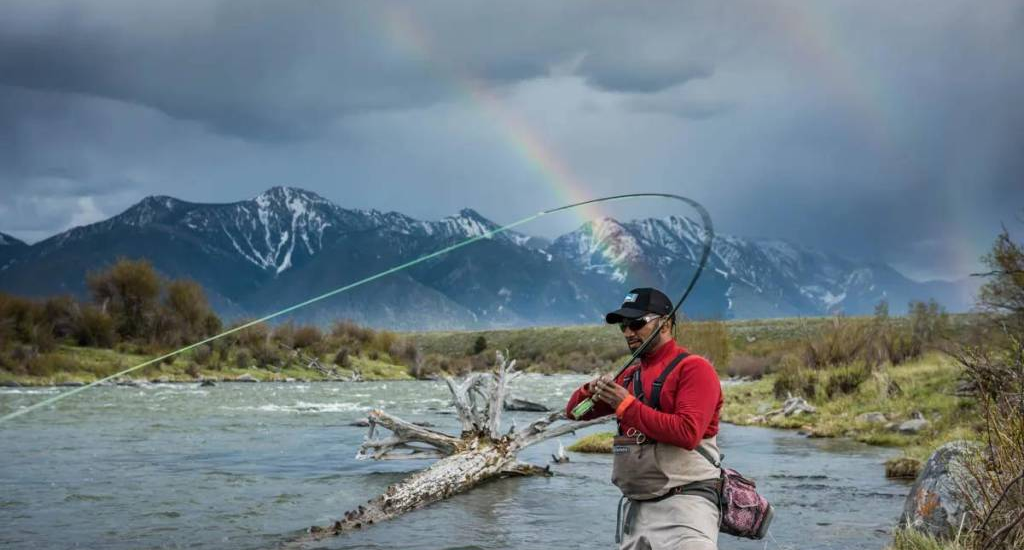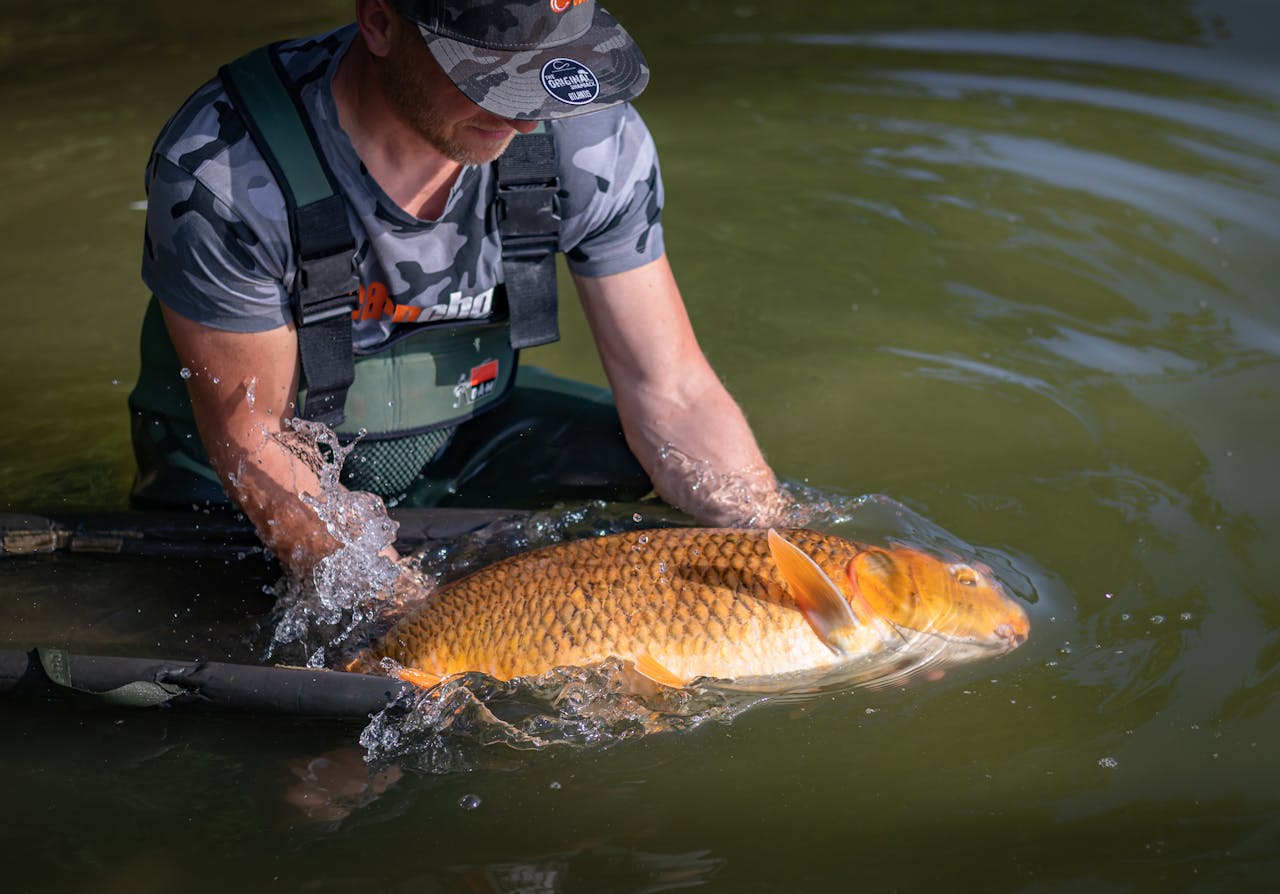Buying or selling a home typically means you’re going to be working with a real estate agent. You might look and look, trying to find the best one. You also might decide to use somebody that you know in the business. When it all boils down, the best thing to do is to choose someone who knows what they’re doing. These strong real estate agents know how to keep on top of everything and not lead you astray. Today, Glenn Phillips, CEO of Lake Homes Realty, discusses how a weaker agent might not be the best fit.
- Years in Real Estate: Someone who has many years in this business might boast about it. While this doesn’t inherently mean they’re not good, it means you need to look at what took place during those years. Were they effective with the market in those years? Or changed things up to ensure success? All these points take precedence over a certain number of years.
- High Number of Listings: If they have a high number, that can mean that they are moving transactions. However, some agents have a ton of listings that end up not going anywhere; they simply stay stagnant.
- Number of Certifications: Certifications can play a huge part in becoming a great agent. But those certifications alone aren’t that meaningful if transactions and experiences aren’t there along with them. Being able to apply the certification knowledge comes into play in distinguishing between two types of agents.
- Number of Websites: You can have your home listed on many different sites. What it really comes down to, however, is if the website is getting a lot of traffic. More people see your listing on a website like LakeHomes.com as opposed to your home being listed on 10 low-traffic sites.
- Office Location: A buyer would much rather see a property as opposed to an office. The typical buyer is much more likely to find a property online and not need to come into an office. At the end of the day, having a physical location doesn’t really move the needle.
- Number of Brokerage Agents: Your listing will be put on the Multiple Listing Service (MLS). Agents within that market who have buyers interested will want to bring them to view that property. Having agents at the same brokerage doesn’t really matter when it comes down to it.
- Commission % Versus Net $: The biggest thing you need to know is how much you will net in cash when it comes down to selling it.
These 7 tips can be intersectional in the way that a great agent can have them but still perform well. The thing you need to watch out for is if the agent is using these things to cover lower execution. If you’re looking for a great agent that can help you sell or buy a property, check out LakeHomes.com. There are many agents who would love to help out!

















